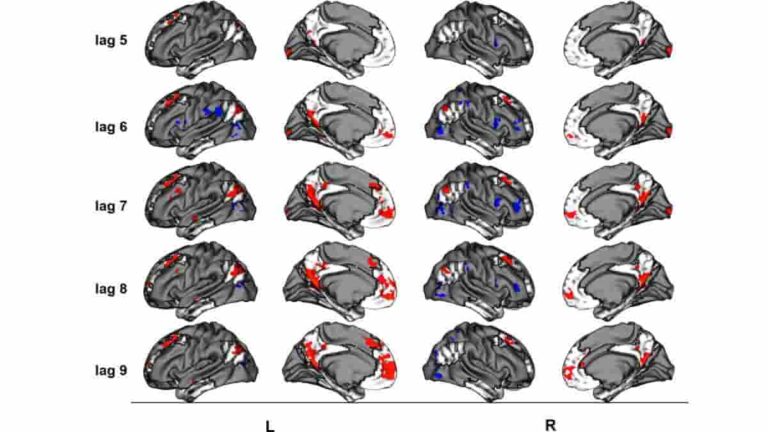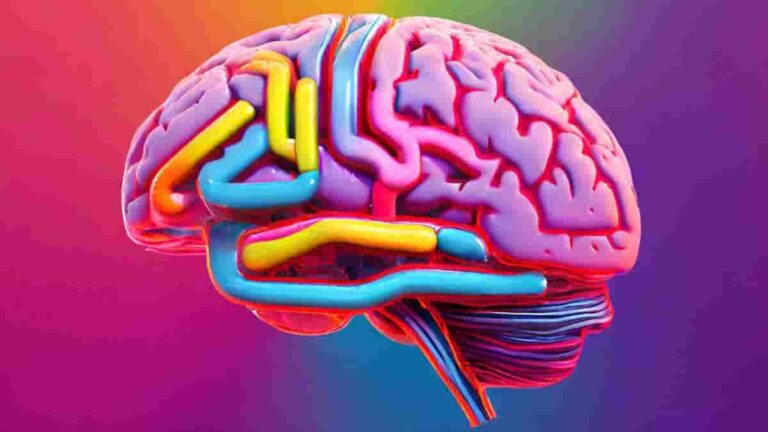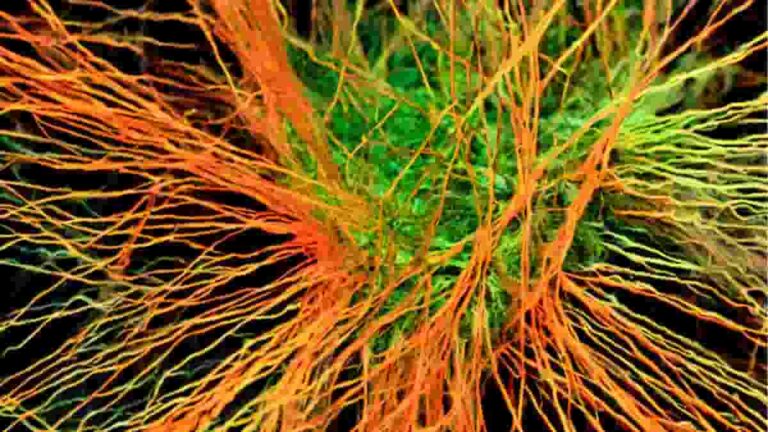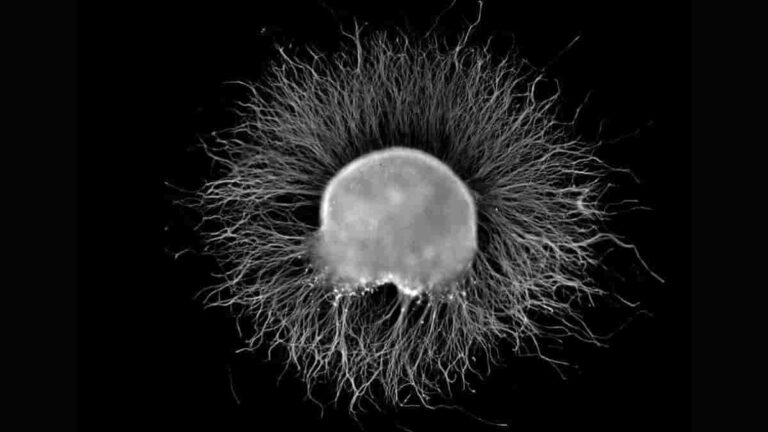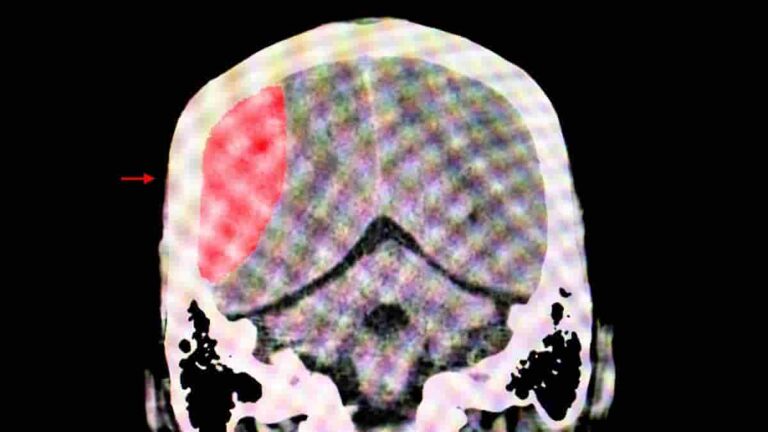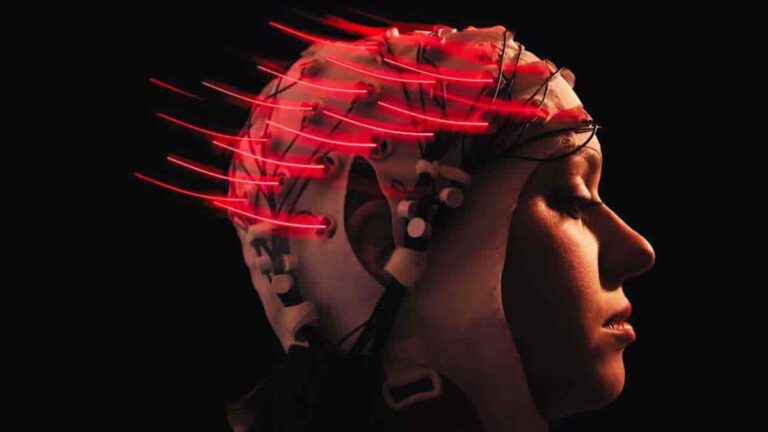Researchers looked into the overlapping and distinct neural processes that underlie general semantic, personal semantic, and episodic long-term memory. The study suggests that these memory types all use the same network of the brain, rather than relying on different areas of the brain altogether. This puts into doubt a previous hypothesis that distinguished between general…
Category: Neuroscience
Your Brain Cannot Rewire Itself, New Study Argues
Researchers from the University of Cambridge and Johns Hopkins University argue that the brain does not have the ability to rewire itself to compensate for loss of sight, amputation, or stroke. Professors Tamar Makin (Cambridge) and John Krakauer (Johns Hopkins) argue in eLife that the notion that the brain can reorganize itself and repurpose specific…
Cerebellar Nuclei Has Unexpected Role in Associative Learning
You’ll wait a little longer before drinking from a steaming teacup. And if your fingers get caught in the door, you’ll be more cautious the following time. These are forms of associative learning, where a positive or negative experience leads to learning behavior. We know that our cerebellum is important in this form of learning. But how…
What is the Dorsal Root Ganglion
A dorsal root ganglion, sometimes known as a posterior root ganglion or spinal ganglion, is a group of neurons (a ganglion) in a spinal nerve’s dorsal root. The dorsal spinal nerve root is one of two “roots” that arise from the spinal cord. The dorsal root ganglia contains the cell bodies of sensory neurons known…
Ghrelin Impacts Ventral Hippocampus to Drive Behavior
According to a new study by University College London researchers, ghrelin – a hunger hormone produced in the gut – can directly impact a decision-making part of the brain in order to drive an animal’s behavior. The study in mice is the first to show how hunger hormones can directly impact activity of the brain’s hippocampus when…
What is the Phantom Touch Illusion?
Researchers at Ruhr University Bochum, Germany, have used virtual reality (VR) to gain new insights into human perception. It just goes to show that VR is not simply a gaming and leisure technology; it also has scientific and medical applications. The team used virtual reality scenarios in which subjects touched their own bodies with a…
More Brain Genes are Altered by Early-life Stress Than by a Head Injury
When researchers began investigating whether early-life stress compounded the consequences of a childhood head injury on health and behavior later in life, they discovered something unexpected. Stress changed the activation level of many more genes in the brain than a head injury did in an animal research model. Head injuries are known to be prevalent…
How Your Brain Assigns Blame for Mistakes
The human mind dislikes making mistakes and works hard to avoid doing them again. A new study from the University of Iowa researchers illustrates how the human brain can discern between outcomes caused by human error and those that are not directly to blame in just one second. Furthermore, the researchers discovered that in cases…
Temporal Structure of Memory Consolidation Brain Waves Revealed
The reactivation of patterns of neural activity based on experience is critical for learning and memory. Yet, these patterns and the associated brain waves vary greatly and are difficult to categorize. Such events, known as ripples, are typical of the hippocampus, a brain area responsible for remembering. Up until now, frequency analysis has been the…
